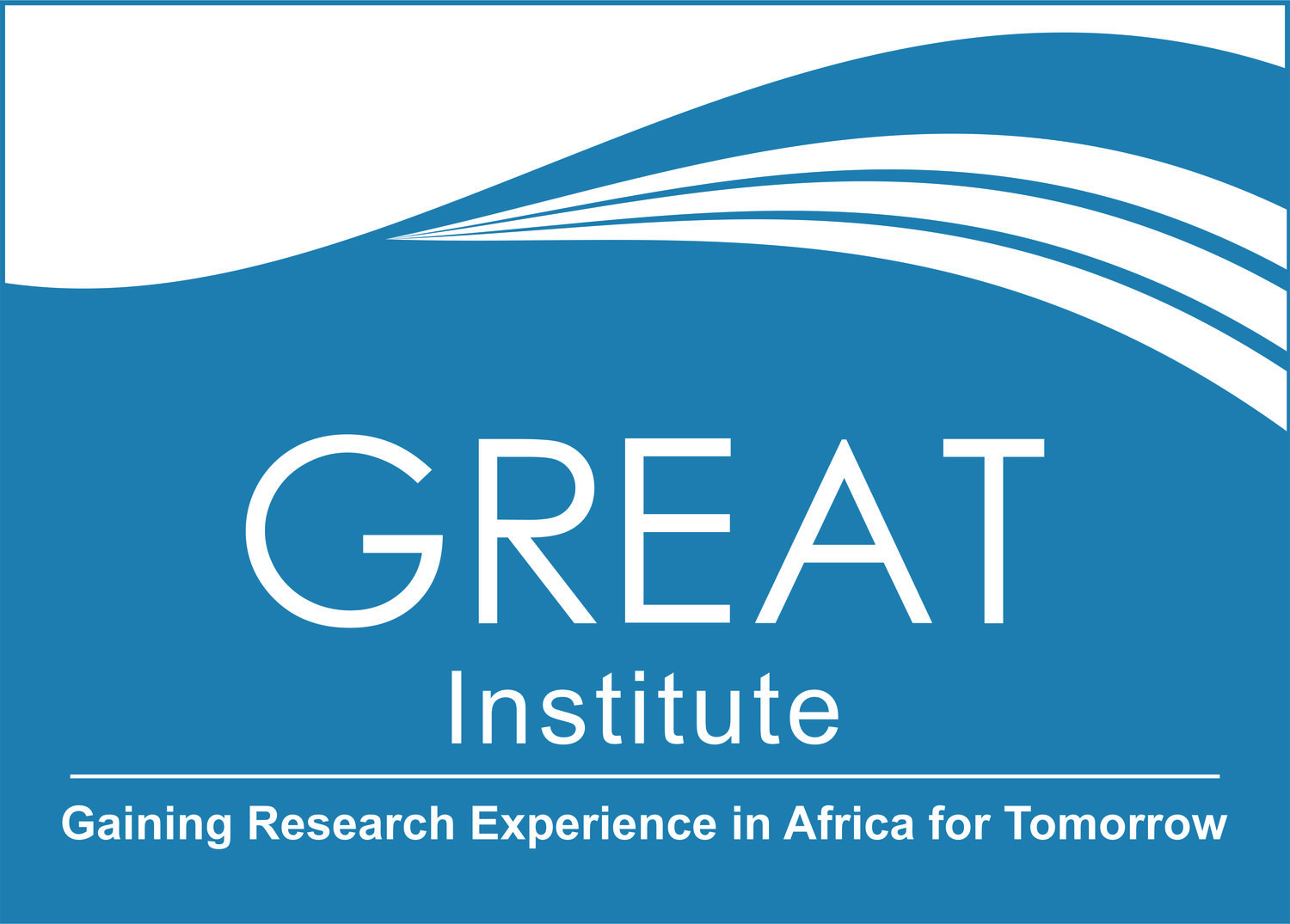Sailing for Mangroves in The Gambia
In collaboration with Pacifique Foundation, Swansea University, and the University of Geneva, GREAT Institute embarked on the first scientific expedition along the River Gambia onboard the sailing ship Mauritius, a 30-meter steel Schnoor flying the Swiss flag. The expedition included training the next generation of students on coastal and marine research from 7 January to 21 January 2023.
The aim of the expedition was to assess basic ecological factors - the physical, chemical, and biological conditions of the River Gambia, and expose students to the vast biodiversity along various tributaries (locally called “bolong”). The kick-off event welcomed students, mid-career scientists, and lovers of nature and marine science on board to tour the floating lab. During the event, the scientists on board expressed the importance of the research in feeding the national marine database and shaping our advice towards the management of the marine environment.
The 50 km scientific mission upstream to Bintang Bolong en route Bao Bolong, measured atmospheric, aquatic, and sediment environments, including concentrations of carbon dioxide (CO2) and methane (CH4). The students learned how to use a GHG analyser, CTD, Niskin bottle, microscope, and plankton net to collect environmental data. The students also learned about life onboard a sailing boat, including learning everyday sailing terms for safety onboard Mauritius.
At the end of the expedition, students expressed excitement about the rich biodiversity of the River Gambia, and its composition of mangroves, birds, crocodiles, dolphins, and jellyfish, to mention a few. The students were also appreciative of the opportunity to be part of a scientific expedition and to network with mentors and possible supervisors. Additionally, the expedition attracted public attention as it was the first scientific research vessel to officially explore the River Gambia in recent years.
~Dawn Pratt
Watch the videos below made by Pacifique Foundation and QTV, which summarizes the expedition!

